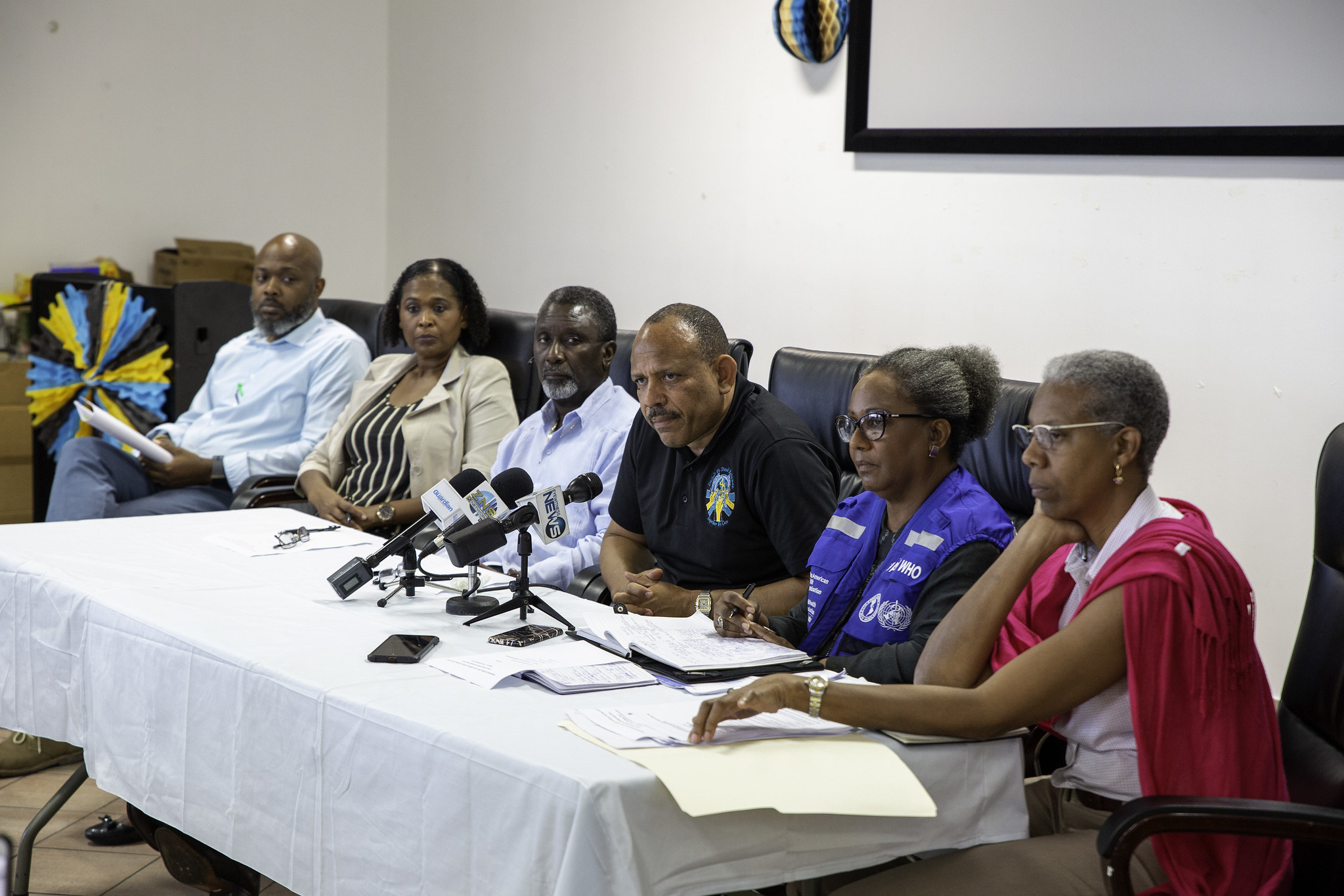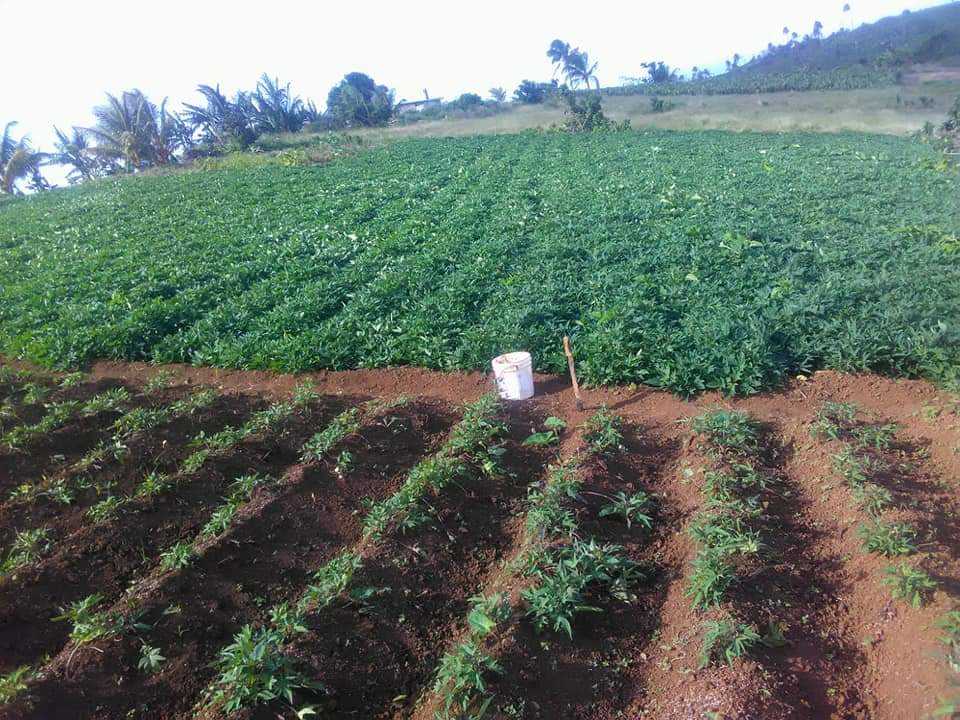The Pan American Health Organization (PAHO) is requesting an initial US $3.5 million from donors to cover short-term health care and other needs for the population in the Bahamas affected by Hurricane Dorian.
The devastating category 5 storm made landfall exactly one week ago in northwest Bahamas, and severely affected the health sector, with significant destruction of equipment and medical supplies and electrical and water supplies in Abaco and Grand Bahama. Some 73,000 persons were affected by the storm, and there are hundreds of people in shelters in the disaster zone. While 43 deaths have been officially reported thus far, mass casualty numbers are expected to rise significantly as more areas become accessible and search and rescue operations continue.
Dr. Ciro Ugarte, PAHO’s Director of Health Emergencies, said, “Our priority concerns are to restore access to essential health services and continued medical care delivery, to ensure water quality in affected communities and health facilities, and to restore proper hygiene and sanitation.” He said adequate waste management and control of disease-causing vectors such as mosquitoes is key, along with increasing epidemiological surveillance to support early detection and timely management of disease outbreaks.
The $3.5 million being requested by PAHO is a preliminary estimate to cover short- term healthcare, water and sanitation, epidemiological surveillance and vector-control needs in the Bahamian Islands most affected by Hurricane Dorian for the next six months, Dr. Ugarte said, adding that needs will likely increase as damage assessments are completed.
PAHO/WHO activated its emergency teams for surge capacity and had pre-deployed Rapid Response Team experts to the Bahamas before Hurricane Dorian struck to support health authorities and humanitarian response as needs were identified. So far, 14 PAHO experts are in the disaster zone to provide surge capacity in logistics, civil and military coordination, information management, epidemiological surveillance, communications, and coordination.
Dr. Ugarte said PAHO is acting quickly to support the Bahamas Ministry of Health in the response, setting up an Incident Management system and co-leading the health cluster with the national health authorities to coordinate health and humanitarian support to the affected population.
The funding requests includes $1.3 million to restore healthcare delivery in affected areas, $500,000 for surveillance to detect and manage disease outbreaks, $800,000 for safe access to water, emergency sanitation and control of disease vectors, and well as $671,000 to coordinate humanitarian assistance and manage information to address the most urgent humanitarian needs.





